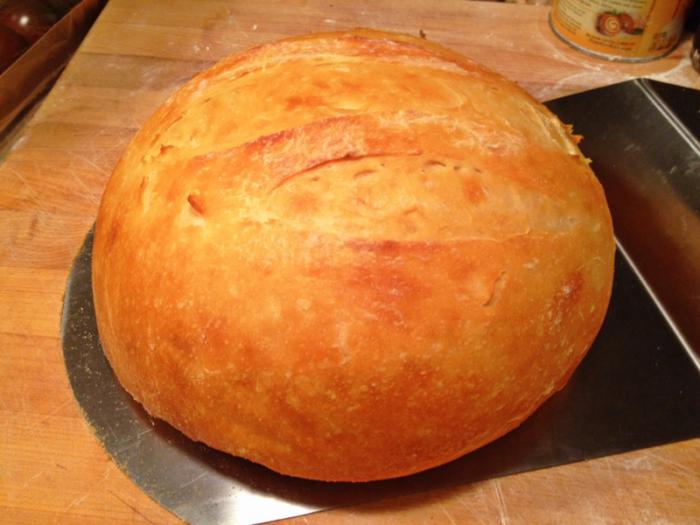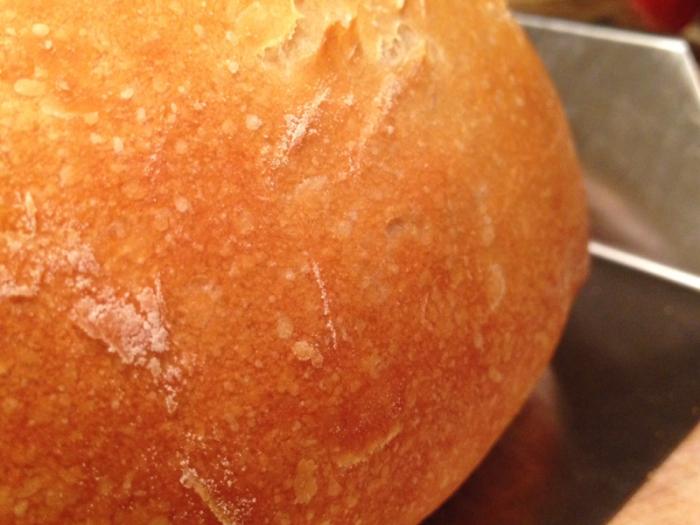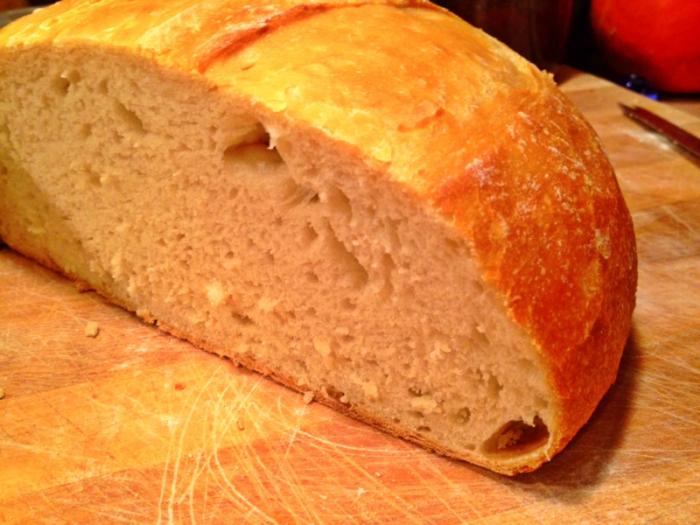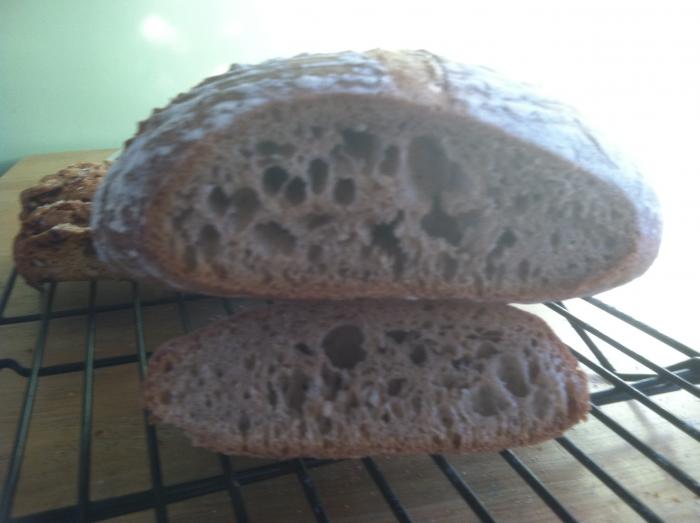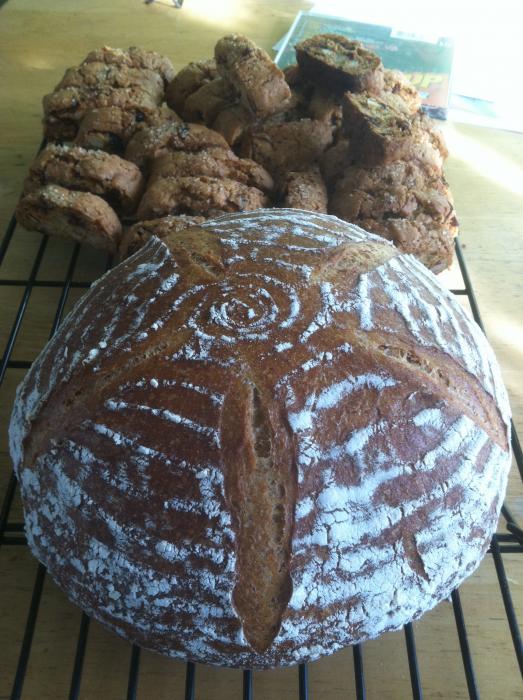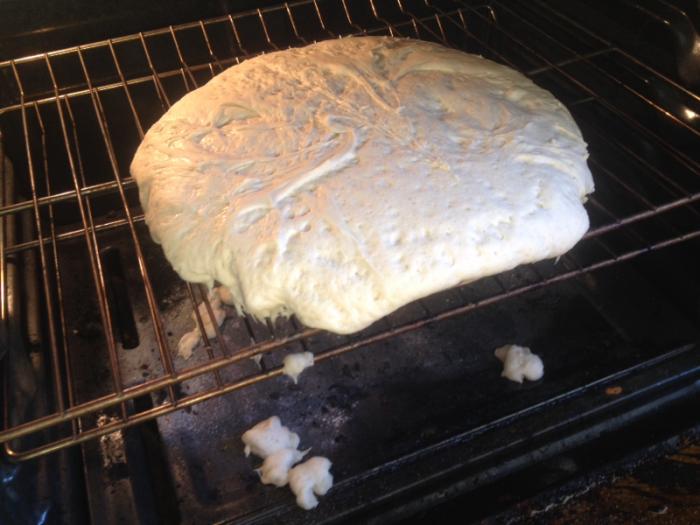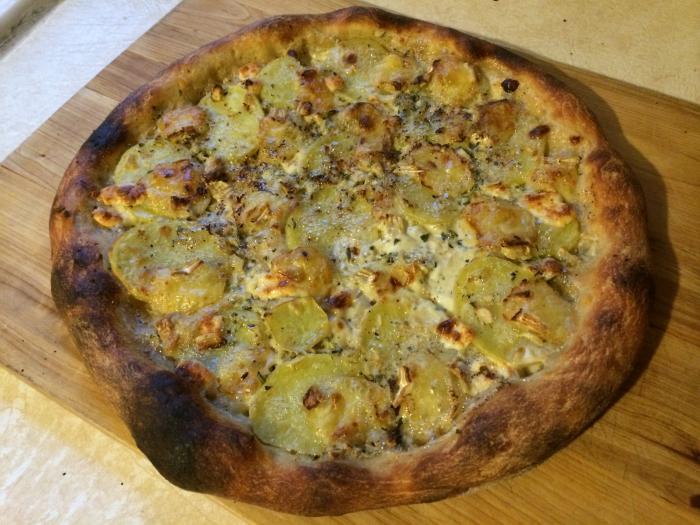I think this is where beer making knowledge lends a hand. The culture is sort of like a sour beer. Upon discarding most of the starter and feeding, the yeast will take off first, creating a mild, sweet and yeasty starter. Then as you let it ripen, the bacteria, probably mainly lactobacillus, will start to ferment the more complex elements of the flour and have more of a presence in the starter. So to have a nice sour loaf, I would let that mainly occur in the starter and then add the sour starter to the dough. I don't feel that long cold ******* are beneficial for sourdough, because of the effect the acids have on the dough. Now, I know very little on this subject, but I did have one very qualifying experience lol... I made some dough that by my experience should have baked a perfect loaf. I let the sponge do a 2 day ferment and it got sour as hell. I then mixed in the proper amount of flour to achieve a medium to well hydrated loaf. It looked fine in the proofing basket. And then when I dropped it out onto the stone - this. The lactobacillus had totally destroyed the gluten structure. Which made sense to me after, because in my pie crusts I add a tablespoon of cider vinegar to achieve this affect - it makes the flakiest and most tender crust ever, based on the same principles. This loaf would not do well in the state fair












































![Craft A Brew - Safale BE-256 Yeast - Fermentis - Belgian Ale Dry Yeast - For Belgian & Strong Ales - Ingredients for Home Brewing - Beer Making Supplies - [3 Pack]](https://m.media-amazon.com/images/I/51bcKEwQmWL._SL500_.jpg)


















